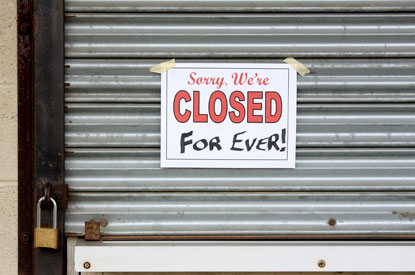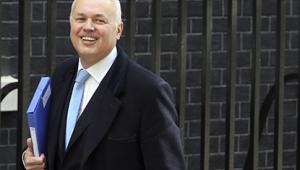By Richard Johnstone | 2 May 2013
The UK has yet to make a ‘sustained recovery’ from the financial crisis as economic output has been flat for more than two and a half years, an analysis by the National Institute of Economic and Social Research has concluded.

Estimated growth of 0.3% in the first quarter of the year did not change ‘the clear trend… of a stagnating economy’, the economics think-tank said.
Its quarterly examination of the UK economy, published in the National Institute Economic Review today, predicted growth in 2013 was likely to be 0.9%, an estimate unchanged from its previous report in February.
The absence of a sustained period of robust growth has continued since the end of the ‘Great Recession’ in the second quarter of 2009, the report added.
Commentary on last week's growth figures had concentrated on avoidance of a triple-dip recession when the focus should have been on ‘another quarter of relatively weak economic growth’.
Since 2010, growth has totalled just 3.4%, the report highlighted, coming after a contraction of 4% in 2009.
‘As we have noted many times before, obsessing about a couple of quarters of minute falls in output distracts us from the clear trend: that of a stagnating economy,’ the report said.
‘The performance of the economy in the first quarter of this year does not suggest we have yet got to a point that can be viewed as a sustained recovery.’
According to the NIESR’s analysis, growth will reach 1.5% in 2014, and then just over 2% annually for the three years from 2015.
The report also predicted unemployment would remain ‘roughly flat’, at around 8%, both this year and next, while the Consumer Prices Index of inflation will increase from 2.8% currently to above 3% later this year.
NIESR also today reiterated calls for the government to borrow more to invest in infrastructure. This could both support the economy in the short term and raise the potential rate of growth in the future.
‘With ten-year government bonds attracting yields of less than 2%, the government can finance additional investment in much-needed infrastructure at little cost,’ the review stated.
Chancellor George Osborne should also set out a long-term plan for capital investment in the Spending Review on June 26.
Specifically, he should state whether net investment should be allowed to fall below 1.5% of GDP, which could happen in some spending projections.





















